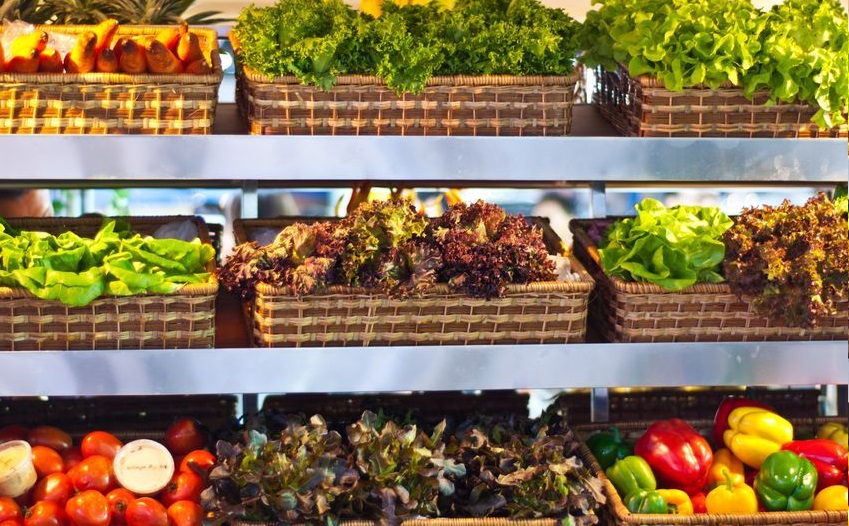
MPs have met with UK growers to hear directly about the potential impact that the introduction of the National Living Wage will have on horticulture.
At a meeting in Westminster yesterday organised by the NFU, MPs from across all parties were given the hard facts and testimonials from growers as to what the National Living Wage will mean for their businesses.
NFU Deputy President Minette Batters who attended the event said: “The NFU fully supports the principle of a living wage for all workers in the horticultural and agricultural industry and we were delighted to see that MPs were happy to engage in this conversation. However we would ask Defra ministers to speak to us directly about where they stand on this issue and to take our points very seriously on the impact this move will have.
“It is essential all MPs understand the profound effect the introduction of a living wage will have on UK farming, particularly for labour-intensive crops such as hand-picked fruit, vegetables, flowers and plants. We are not against the National Living Wage, but we are concerned that the speed of its implementation and lack of consultation will have a devastating impact on our industry.
“Our growers welcomed the chance to explain to MPs face–to-face that we need Government’s help to mitigate some of the immediate impacts, or our businesses will fail. We especially urged MPs to back our key ask for there to be no Employers National Insurance contributions for seasonal workers.”
MP for Faversham and Mid-Kent, Helen Whately, who led the event said: “Since last summer’s budget, the introduction of the National Living Wage has been a frequent conversation topic with local farmers. I have been pressing the Government to help farmers with the introduction of the living wage and did so again in Westminster this week by agreeing to sponsor the NFU’s living wage event.”
The NFU has lobbied on eight key issues which it is urging the Government to consider prior to the introduction of the National Living Wage. These include Government’s ambition for National Living Wage to reach 60 per cent of median earnings by 2020 to be pushed back into the next session of Parliament to allow industry time to adapt and for there to be no pensions auto-enrolment requirement for seasonal workers.
The introduction of the National Living Wage will increase the cost of seasonal wages for grower businesses by 35 per cent over the period 2016-2021, equivalent to an average annual wage inflation of just under 7 per cent per year, significantly more than the 2.5 per cent annual rate of wage inflation growers reasonably expected to take place over the next few years.
An independent report from farm business consultants Andersons for the NFU exposes the danger of crop production moving abroad as unplanned and unprecedented wage rises are imposed on UK grower business over the next four years.
The modelling shows that horticultural businesses will be made uncompetitive and unprofitable within three to four years of NLW introduction.
The new National Living Wage comes into force in April 2016.
